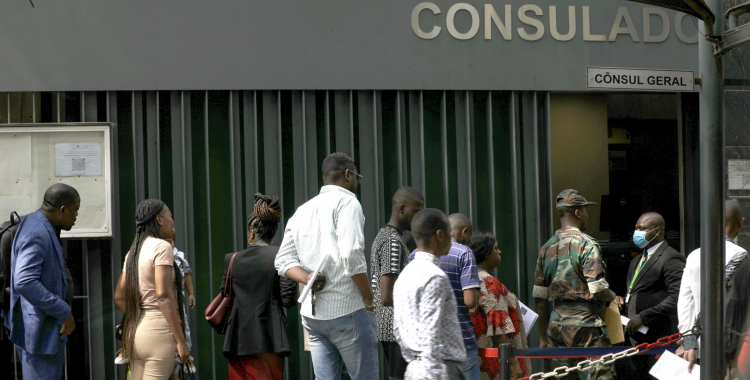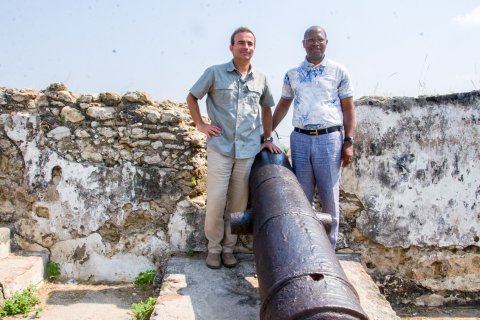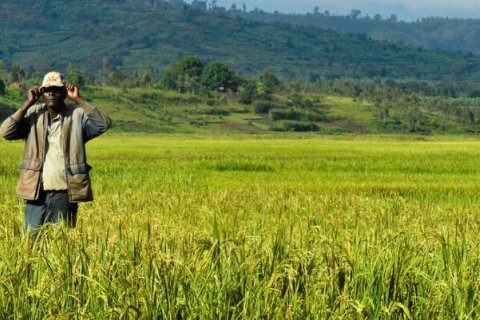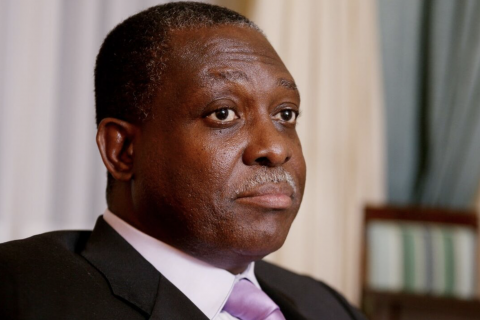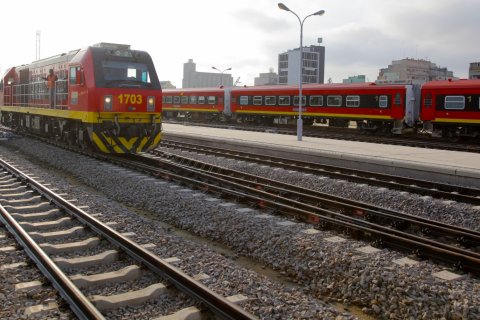In an interview with Lusa, Pedro Basílio, who has lived in Angola for more than ten years and has companies in both countries, said that he started the process more than five months ago without success so far, which has caused him substantial losses.
With workloads decreasing in Angola and increasing in Portugal, he challenged four of his Angolan workers to leave for Portugal, but so far he has only wasted time and money, mainly because of visas, after obtaining passports and other documents "relatively quickly".
"What we couldn't do was get the schedule to come out," he lamented, criticizing the Portuguese authorities for the lack of solutions.
"At the consulate itself, they don't even assist us to deal with these processes," highlighted Pedro Basílio, reporting that the VFS platform, where the visa application appointment must be made, either has no available dates or freezes in the middle of the process.
About six months after starting the hiring process and after a few trips to the consulate, the businessman managed to get an appointment at the end of last year, but was once again blocked by bureaucracy, as some of the documents that had to be validated by the Angolan and Portuguese authorities had expired in the meantime.
Among the required documentation, visa applicants will have to present a passport, travel ticket, travel insurance, criminal record certificate, proof of means of subsistence or presentation of a liability term, signed by a citizen with a residence document in Portugal.
"Every time we went with a document that was requested on the day, another document always appeared. It was either a signature or a signature on the processes that needed to be done. Sometimes I am not in Angola, but that was not the case. We managed to collect these signatures. But it was consecutive until the 30 days" available for scheduling expired, explained Pedro Basílio.
"We have rented the house for these employees for several months now. And nothing has changed," he said, lamenting that the missing documentation, which they obtained two days later, had not been accepted.
"We are currently trying to schedule again and get new documents. Everything is back to zero," he says resignedly.
In the meantime, he pays the rent for the house and also to an agency that helps him take care of the documentation and continues to pay the salaries of the four Angolan workers who would be useful to him in Portugal, but who are stuck in Angola.
"I don't have any work for them here. I value them and I'm not going to let them go. At least, as long as there's a possibility of sending them there. But I have to make a decision quickly. Because this is also penalizing me. Because I can't continue with the work I have there," he said, adding that "hiring in Portugal has been very difficult."
He has already been asked for 1.2 billion kwanzas per worker to schedule the visa, but Pedro Basílio is not willing to pay, as is Pedro Vaz, who also divides his time between companies in both countries and questions the use of the VFS platform to make the appointments.
Pedro Vaz wants to hire a young Angolan, whom he also intends to help complete his training in Information Technology, and also complains about the delay in the process and the lack of responses from the Portuguese consulate.
The difficulties have been reported by those trying to schedule a trip to Portugal and apply for a visa, encountering obstacles on the platform. In many cases, the vacancy is only obtained through intermediaries, or "schedulers", a new profession that Lusa reported on last year and which makes them pay more and more for this service.
"Being online is certainly easier, but it cannot be on platforms that are blocked, which are obviously highly suspicious because they are always blocked. I don't need to say that because it is already public knowledge that these platforms always have intermediaries and that it is these intermediaries that cause the platforms to be permanently blocked," Pedro Vaz told Lusa, adding that he has been trying to schedule an appointment for five months.
For Pedro Vaz, it makes perfect sense for those who manage projects and businesses in both countries to invest in young Angolans: "In the same way that it is often important to bring Portuguese people to Angola, because they help us here to understand the two cultures, it is also very important, sometimes, to bring people with Angolan culture to Portugal to allow teams to interact with each other."
However, scheduling difficulties make these hires a huge challenge, frustrating the young person and the future employer, who appeals to the consulate and the Portuguese Embassy in Angola to try to find other formats and adopt measures to resolve a problem that has been frequently reported.
"Everyone knows, there are, in fact, many intermediaries here who continue to mess with the platform and never let the platform be accessed by people with (...) a legitimate connection to the platform to make their own order," he accused.
Pedro Vaz also questioned the consulate's refusal to accept in-person visa appointments, explaining that his submission to the consulate via email was rejected.
In addition to the personal loss, Pedro Vaz believes that there is also a loss for Portugal, "in the sense of not being able to attract young people who have the talent to work in certain areas", but also for the young Angolans themselves who could benefit from training.
"This is a loss for us, even within the Portuguese-speaking community itself. And the understanding that exists between the PALOP [Portuguese-speaking African Countries], obviously, there is almost a feeling of blockade here, which makes no sense", reinforced Pedro Vaz, asking where are the "famous CPLP [Community of Portuguese-Speaking Countries] visas with which Portugal would facilitate access for students and citizens from these countries".
"It's just that it's not working and there are no alternatives," he complained, asking for solutions from the State instead of an "immense barrier."

